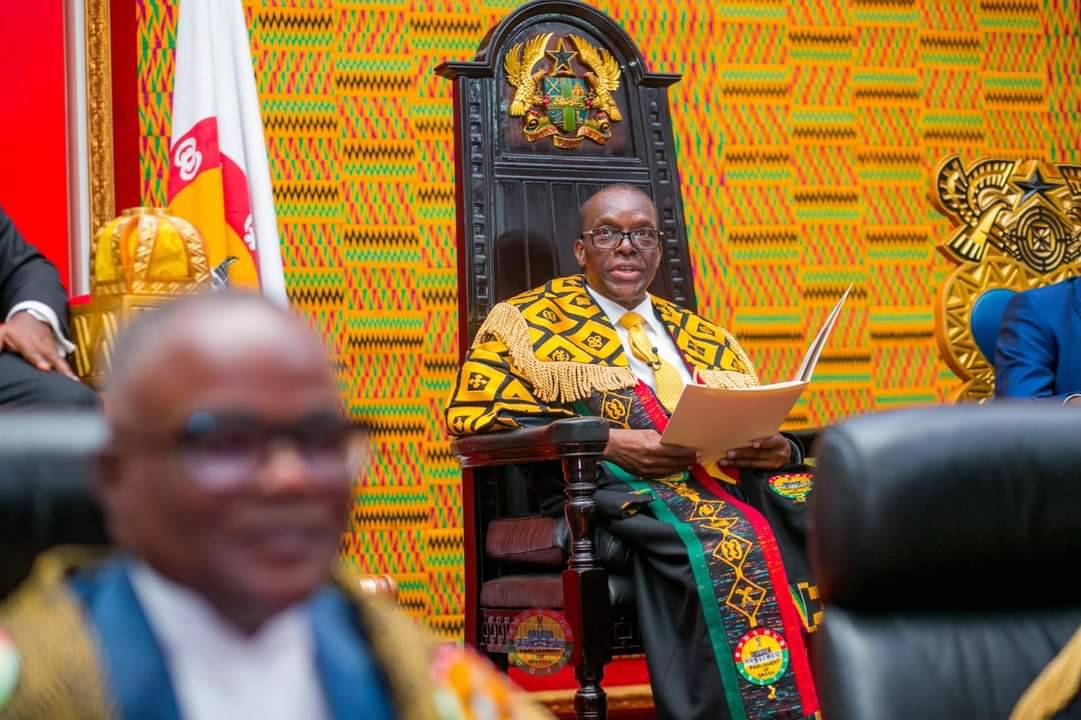NPP and NDC Issues in Parliament
In Ghana, the political landscape is largely dominated by two main political parties: the New Patriotic Party (NPP) and the National Democratic Congress (NDC). These two parties have alternated in power since the establishment of the Fourth Republic in 1992, shaping the country’s democratic processes. While their contributions to national governance are significant, the relationship between these two parties, especially within Parliament, is often marked by intense competition, political disagreements, and power struggles. These issues can have far-reaching effects on governance, legislation, and national development.
The Balance of Power in Parliament
One of the central issues between the NPP and NDC in Parliament is the balance of power. Elections in Ghana are often keenly contested, leading to closely divided parliaments. This was particularly evident in the 2020 general elections, where the NPP and NDC won an almost equal number of seats in Parliament. The NPP secured 137 seats, while the NDC won 136, with one independent MP, effectively making Parliament a hung institution. This unique situation created an unprecedented challenge for governance, as neither party had an overwhelming majority to easily pass laws or control parliamentary committees.
This balance has led to political gridlock on several occasions, as the parties struggle to advance their respective agendas. The absence of a clear majority for either party has also empowered the opposition to demand greater accountability and resist policies they deem unfavorable. This delicate balance of power forces both sides to negotiate and collaborate more than in previous parliaments, yet it also intensifies competition and rivalry, sometimes leading to legislative delays or stalemates.
Leadership and Parliamentary Committees
Another critical issue relates to the leadership roles within Parliament and the distribution of positions on parliamentary committees. The Speaker of Parliament, Alban Bagbin, who is a member of the NDC, was elected in 2021 despite the NPP holding the executive branch. This has created tension between the NPP-led government and the Speaker, who, in his capacity, wields considerable influence over parliamentary proceedings.
The struggle for control of key parliamentary committees, particularly those that oversee finance, constitutional affairs, and other critical areas, further exacerbates the rivalry. Parliamentary committees play a vital role in scrutinizing bills, budgets, and government policies, and both parties seek to dominate these spaces to influence decisions. The near-equal distribution of seats complicates the composition of these committees, as both the NPP and NDC push for greater representation to advance their legislative priorities.
Partisanship and Legislative Work
The adversarial nature of Ghana’s politics has often been reflected in the workings of Parliament, with both NPP and NDC MPs largely voting along party lines. This partisanship sometimes hampers the passage of important national policies, especially those requiring bipartisan support. For instance, debates on national budgets, loan agreements, and constitutional amendments have often become battlegrounds for political point-scoring rather than constructive dialogue.
Additionally, the relationship between the Executive (led by the NPP as of 2024) and the Legislature is often fraught with tensions. The NDC MPs, particularly as a strong opposition force, challenge the government’s policies and decisions, while the NPP MPs defend and promote the executive’s agenda. This dynamic can be seen in debates over controversial issues such as taxation, infrastructure development, and social policies, where partisan interests sometimes override national consensus.
The Path Forward
For Ghana’s democracy to mature, it is crucial for both the NPP and NDC to embrace a more collaborative approach in Parliament. While healthy competition between political parties is essential in a democracy, excessive partisanship can hinder progress. Dialogue, negotiation, and compromise should become the cornerstones of parliamentary work. Both parties must prioritize national interest over party interest, especially in addressing issues that directly affect the lives of Ghanaians, such as poverty, unemployment, education, and healthcare.
Ultimately, the relationship between the NPP and NDC in Parliament will continue to shape the future of Ghana’s democracy. How these parties manage their rivalry, negotiate power, and contribute to the legislative process will determine the country’s ability to govern effectively and pursue national development goals.




No comments yet
Be the first to share your thoughts!